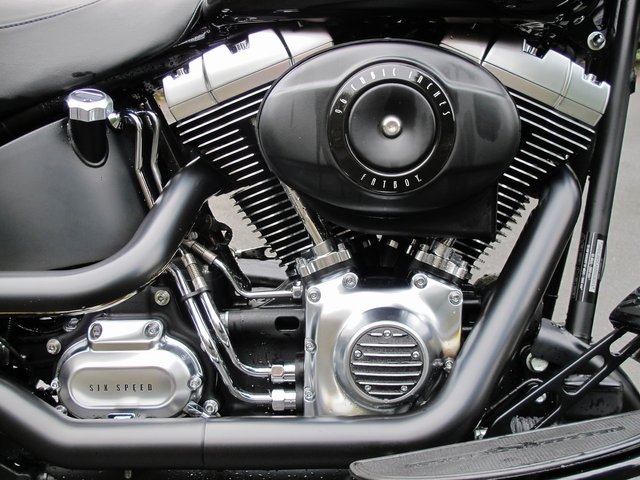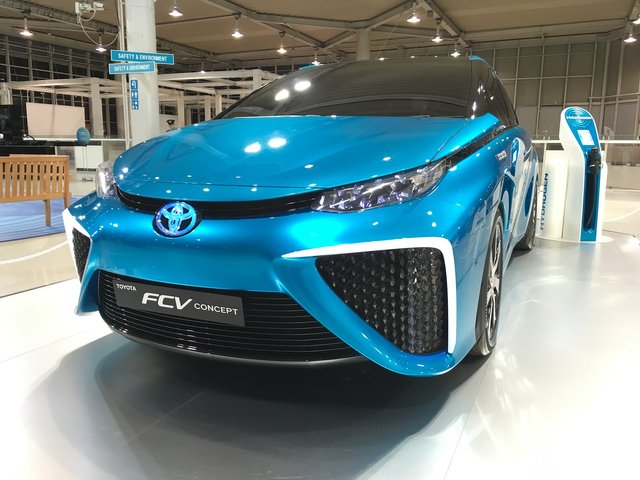Cars have evolved; I could still remember watching documentaries about early cars and it looks terrible to compare them with what we have now, this doesn’t mean that they are without value because if you have a vintage car, I can’t imagine how much it will fetch you because they are very priceless provided they are in good condition, although that’s not what we are looking at today because times have changed, more the reason I will be discussing types of cars and engines.
Brands of cars are so many today, the BMW , Volkswagen, Honda, Peugeot, Mercedes not to mention the high performance and exotic brands of cars. Probably tomorrow, we might have another brand of car.
Cars are very essential to our lives; I doubt the average human being can do without one, even if you don’t own it. Your commuting to your place of work depends on it; your commuting to any place of leisure depends on it, so the more reason you should know types of cars and engines that run them, especially the more recent ones.
In this article, I will be discussing and showing the differences between just two of such; your conventional car (internal combustion engines that uses diesel or petrol) and electric vehicles (EV).
Some might be thinking that what is there to know about these cars, well sit tight and read to the read, there are a lot yet to know especially about electric vehicles.
CONVECTIONAL CARS
This is my terms for referring to our normal everyday cars that burns fossil fuels to generate their traction. They are the commonest types you will ever find around the world, although that is gradually changing.
They have different types of engines like v-engine shown in the picture below.

Harley muscle bike with v-engine. | picture credit: pixabay
Yes just as the name implies, the engine is just shaped like the letter V.
Another is the boxer engine, sometimes called flat engine. The arrangement of the engine is done in such a way that the cylinders are laid flat.
 Boxer engine | Picture credit: Pixabay
Boxer engine | Picture credit: Pixabay
we still have the in-line engine, W engine, VR and W, the rotary engines e.t.c.
All these engines I have mentioned a forehand are all internal combustion engines. Why I do like to refer to them as conventional engines is simply due to the fact that torque had been mostly generated right from time by burning fossil fuel like your wood and coal, until recent developments change that.
Please pardon me on not dwelling much on the internal combustion engines for now, I just don’t want to make this post unnecessarily long.
Now let get to the types of cars and engines since the conventional engines are fading away.
ELECTRIC VEHICLE (EV)
Latest inventions and the call to reduce the emission of waste gas into the atmosphere has made the shift from the normal conventional cars and engines to electric cars and engines. Some countries have even set a date for the complete change over to complete electric vehicle.
This shows that very soon, petrol engine cars or diesel engine cars might even be illegal to ply their roads, maybe we should all be planning on getting our own now before we start receiving heavy fines for polluting the atmosphere. But before you get yours it might be very good idea to know a great deal about this vehicles that will soon take over from their forerunners.
HYBRID CARS
Just as we all know that hybrid means a cross bred between two different parent of different species, hybrid cars are a cross between the old and the new. i.e the the internal combustion engine and the electric car.
What happens is that , the internal combustion engine still remains while an additional battery that can drive the drive train was incorporated.
So when you are burning the fossil fuel in your gas tank, the battery is charging and probably when you run out of fuel, you can just switch over to pure electric drive or you can drive in the city with pure electric to reduce the discomfort your exhaust will cost the citizens and when you get to the highway, you can then switch over to your gasoline tank.
Some this cars also comes with charging port for you to recharge your battery at home, these are know as plug in hybrid. The old conventional engine still stays in this type of car.
Examples of hybrid cars are:
• Volkswagen Passat GTE
• Volvo XC90 T8
• BYD Tang
HYDROGEN CARS
This is an electric car that wants to copy the conventional car by burning fuel in this case hydrogen, only that it is not burning it in an internal combustion engine, rather it is combining the hydrogen with free oxygen to form water as the by product with the release of electric charges which then charge the battery.
This type of car is much more lighter than the normal internal combustion engine cars due to the absence of the engine block but have a major drawback of availability of fuel( hydrogen) and the high flammability of it.
Hydrogen cars don’t comes in as plug-in-hybrid due to the flammability of the fuel used. Examples of hydrogen cars include:
• Honda clarity
• Hyundai i*35 FCEV

Toyota Mirai, a type of hydrogen car | Picture credit: Pixabay
Toyota Mirai e.t.c
If you might still want to check out more information in hydrogen car,
PLUG-IN ELECTRIC VEHICLE.
These are the ones I call the pure electric vehicle and the cars of the future, this cars don’t have gas tank and engine block, they are most composed of the battery, the drive train and a host of other electronic components.
These cars can only be driven after charging them using your charging port and when the battery is down , they can be recharged again. This is one of the reasons why there is a call for more charging stations to be created so that one won’t be unnecessarily be looking for one before one can charge.
The Volkswagen I.D cross and Volkswagen I.D buzz will be pure electric and will be able to cover 270 miles before it will need another recharge. I know there will still be a lot of improvement before they are released. But for now this is as far as types of cars and engines goes.